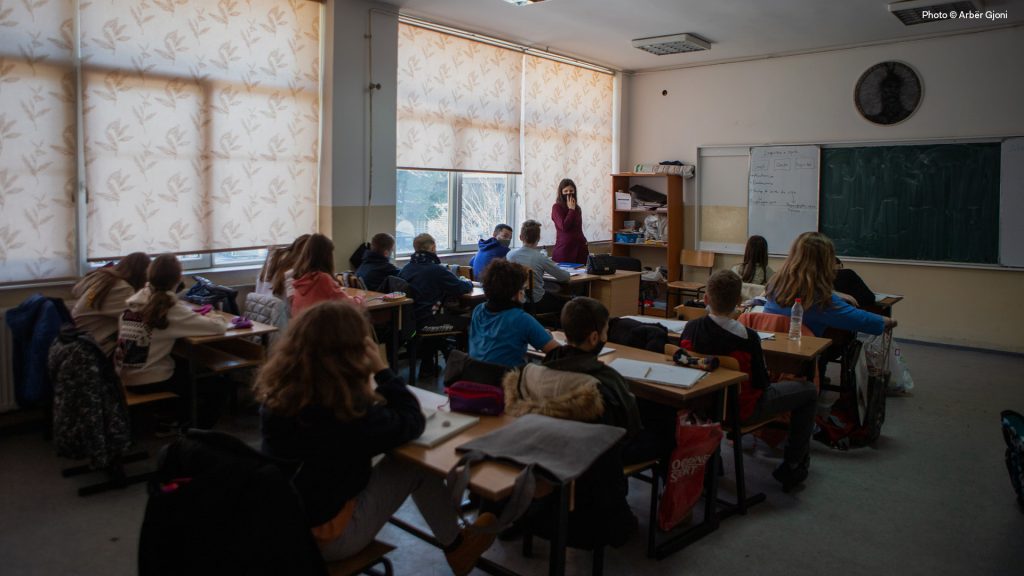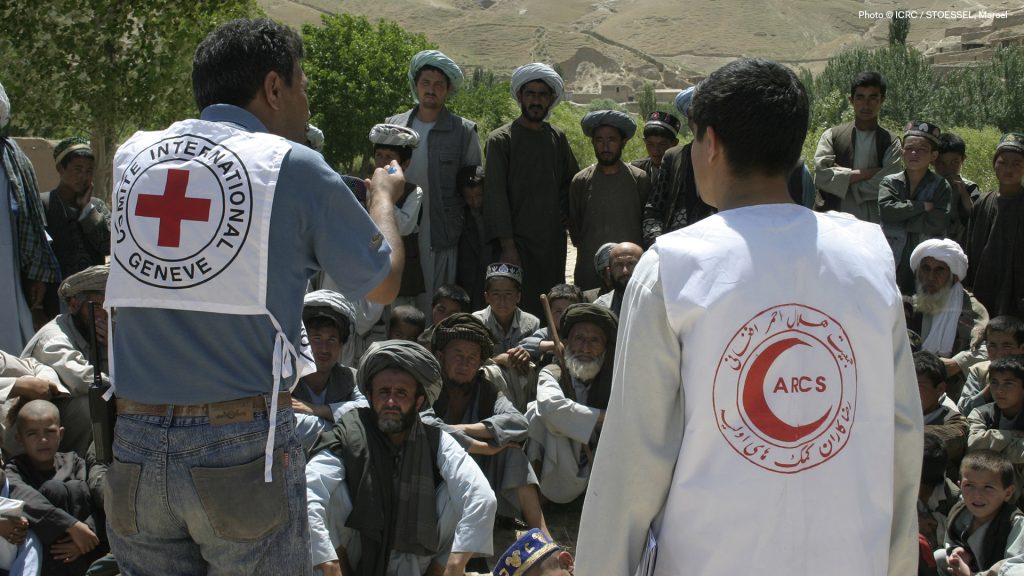We chose the topic of our fifth Curated series to elevate awareness of Human Rights Defenders and the significance of preparedness to overcome issues affecting them, fostering across the GC network the sense of a joint effort advocating for their recognition, support and protection, after the 75th anniversary of the Universal Declaration of Human Rights (UDHR) and the 25th anniversary of the adoption by the UN General Assembly of the Declaration on Human Rights Defenders.
The seven blog posts are written by participants in the 2023 Annual Network Conference of the Association of Human Rights Institutes (AHRI) that was hosted by the Pedro Arrupe Human Rights Institute of the University of Deusto in Bilbao, Spain, under the theme ‘Human Rights Defenders Under Siege’. They reflect on some of the challenges that human rights defenders face in various contexts.
Every Monday over the coming weeks of April and May there will be a post addressing relevant issues. Two contributions concern legal strategies for the protection of human rights defenders. Specifically, one post focuses on cases of summoning activists to courtrooms and the decline of the rule of law with attacks on the independent judiciary in Poland. Another post argues the importance of recognising the human rights defenders’ role as part of the function of some whistleblowers who expose human rights violations committed by state actors, particularly when providing information that is otherwise inaccessible to the public in relation to such violations or threats to human rights, with practical effects on how the European Convention on Human Rights framework protects whistleblowers, especially assisting the Strasbourg Court in treating restrictions to their rights with increased suspicion.
Regarding strategies in the face of the limitation of civic spaces, a post highlights the significance of educational, training and awareness-raising activities to effectively tackle the abusive so-called strategic lawsuits against public participation (SLAPPs). An additional post reflects on the complex interplay between states and corporations in light of the increasingly blurred line between their spheres of influence and explores the benefits of deliberative governance as a means of transparency in the decision-making process that fosters public participation and effective environmental protection.
Two other contributions consider the challenges for academia in its support to human rights defenders. The first post stresses the need to recognise and protect as environmental human rights defenders those who are protesting against unsustainable uses of the ocean or exclusionary approaches to marine conservation, as a result of the increasing awareness of the interdependence between human rights and a healthy ocean. The second post reflects on how understanding human rights law as a discourse of preventative practice, rather than remedy, can support preparedness in the face of large-scale emergencies, like the ecological crisis, but also in the face of ‘everyday’ emergencies faced by human rights defenders. For example, it reflects about legal academics’ support to the defence of ocean-dependent human rights from the idea of injecting human rights law as an extra layer of discourse to promote integration of relevant legal regimes and local framings of justice struggles concerning the ocean.
The contributors to this new Curated section include Aleksandra Gliszczyńska-Grabias and Katarzyna Sękowska-Kozłowska, Alessia Schiavon, Dimitrios Kagiaros, Eirini Koutsoukou, Elisa Morgera, and Elaine Webster.


